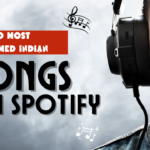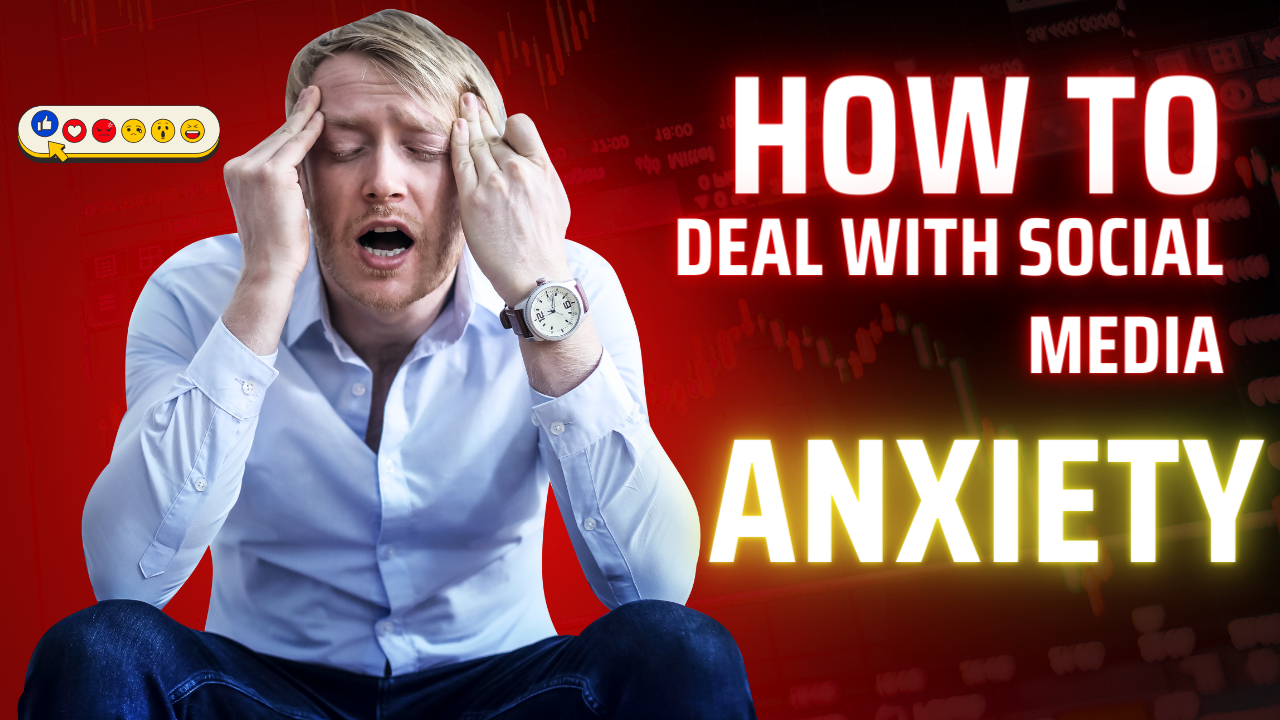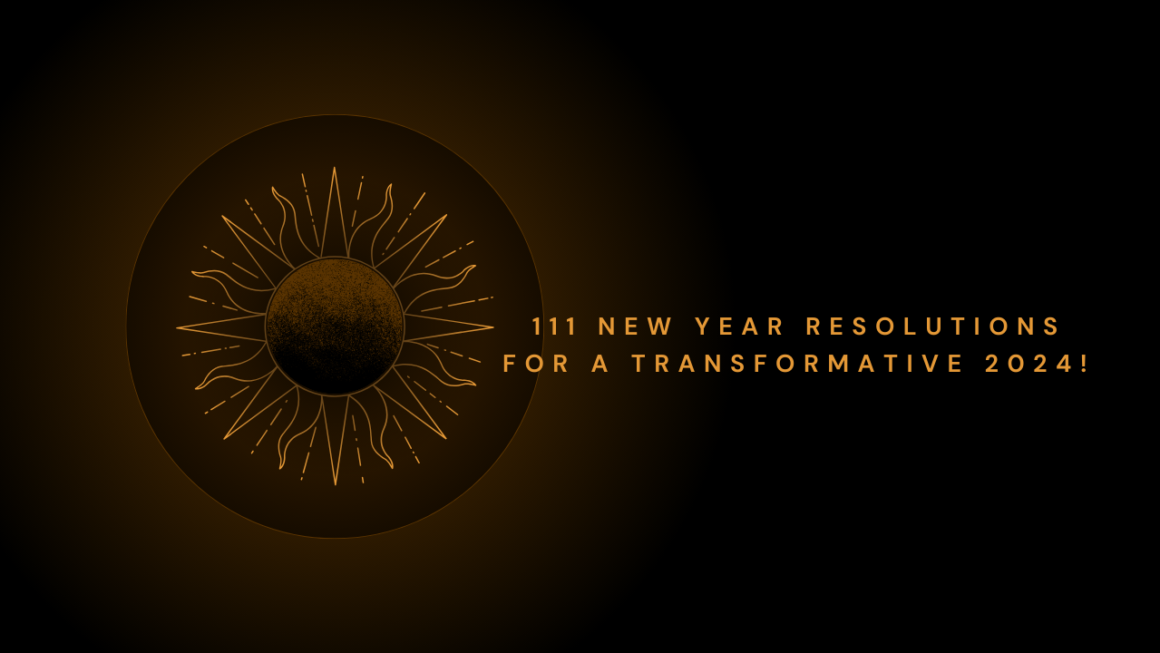Social Media Anxiety
In today’s fast-paced digital world, social media has become an integral part of our lives. It connects us with friends and family, provides entertainment, and keeps us informed about current events. However, there’s a darker side to this seemingly benign tool – social media anxiety. As we scroll through our feeds, a nagging sense of unease often creeps in. In this blog, we’ll delve into what social media anxiety is, how it affects our mental health, and most importantly, how to deal with it.
Understanding Social Media Anxiety
1. Causes and Triggers
Social media anxiety, often referred to as “FOMO” (Fear of Missing Out), is driven by several factors:
- Fear of missing out: The constant stream of updates can make us feel like we’re missing out on exciting events and opportunities.
- Social comparison: We often compare our lives to those we see online, which can lead to feelings of inadequacy.
- Cyberbullying: Negative comments or harassment online can be a significant trigger for anxiety.
2. The Connection Between Social Media and Mental Health
The correlation between heavy social media usage and declining mental health is well-documented. Excessive time spent online can contribute to stress, anxiety, and depression. Therefore, it’s essential to recognize the signs of social media anxiety and take action.
Recognizing the Signs of Social Media Anxiety
1. Symptoms and Common Indicators
- Increased stress levels: Constantly checking notifications and social media updates can elevate stress and anxiety.
- Poor self-esteem: Social media comparisons often lead to feelings of low self-worth.
- Sleep disturbances: The blue light from screens and late-night scrolling can disrupt sleep patterns.
2. The Importance of Self-Awareness
Recognizing the signs of social media anxiety is the first step toward managing it. If you notice any of the above symptoms in yourself, it’s time to take action.
Coping Strategies for Social Media Anxiety
1. Digital Detox and Setting Boundaries
To regain control of your social media usage, consider the following:
- Creating a schedule: Allocate specific times for social media and stick to them.
- Reducing screen time: Use phone apps to track and limit your screen time.
2. Mindful Consumption
Take charge of your social media experience:
- Filter your content: Unfollow or mute accounts that trigger anxiety.
- Engage with positivity: Follow accounts that promote well-being and positivity.
Read Also: Top 10 Personal Development Books That Will Transform Your Life
3. Engage in Real-Life Activities
Immerse yourself in offline activities:
- Cultivating hobbies and interests: Pursue hobbies you’re passionate about.
- Face-to-face interactions: Make an effort to spend time with friends and family in person.
4. Seek Support and Professional Help
If social media anxiety is significantly impacting your mental health:
- Friends and family: Talk to someone you trust about your feelings.
- Therapists and counselors: Seek professional help if necessary.
Building Resilience and Confidence
1. Cultivating Self-Esteem and Self-Worth
- Affirmations and self-compassion: Practice self-compassion and use positive affirmations to boost self-esteem.
- Setting achievable goals: Focus on your accomplishments and set realistic goals.
2. Digital Citizenship and Online Etiquette
Promote a positive online environment:
- Promoting positivity and kindness: Be a source of positivity online.
- Reporting and blocking harmful content: Don’t hesitate to report and block harmful accounts.
3. The Power of Gratitude
- Reflecting on the positive aspects of social media: Focus on the positive aspects of social media, such as staying connected with distant friends and family.
- Balancing online and offline experiences: Strive for a balanced life, where online interactions complement, but don’t replace, real-world experiences.
Conclusion
Social media anxiety is a real issue affecting many of us in today’s digital age. However, with self-awareness and the right coping strategies, you can regain control of your online life and improve your mental well-being. It’s time to prioritize your mental health and build a healthier relationship with social media. By implementing the strategies discussed in this blog, you can take a significant step toward achieving that balance.













